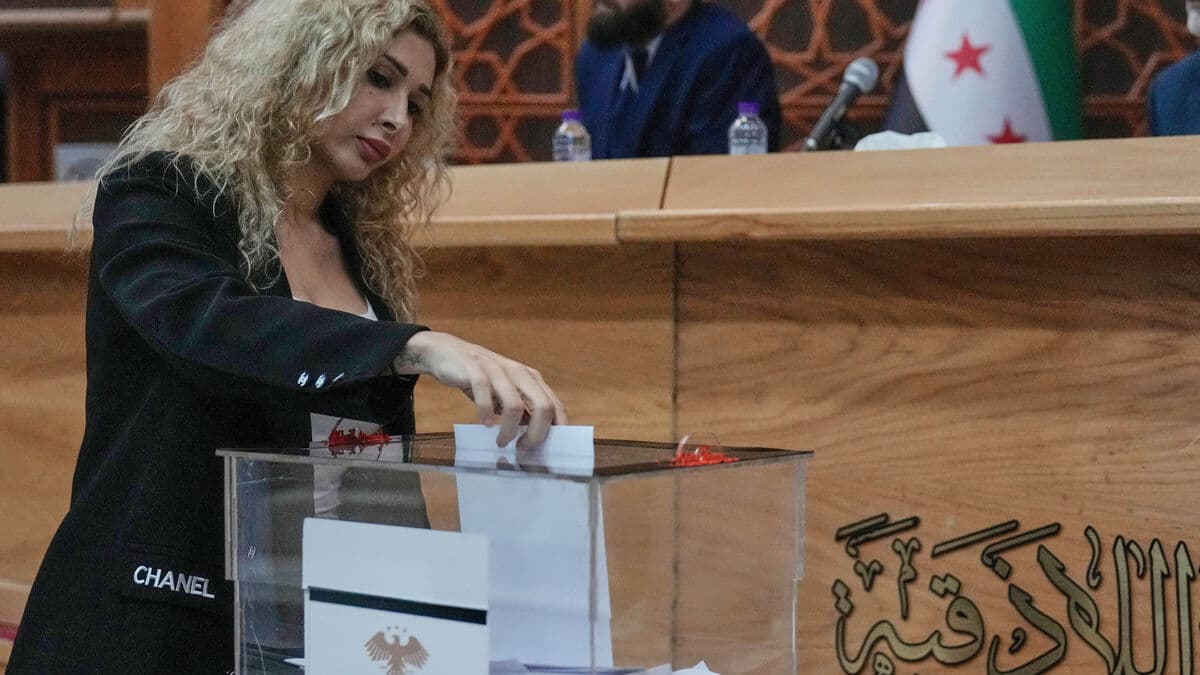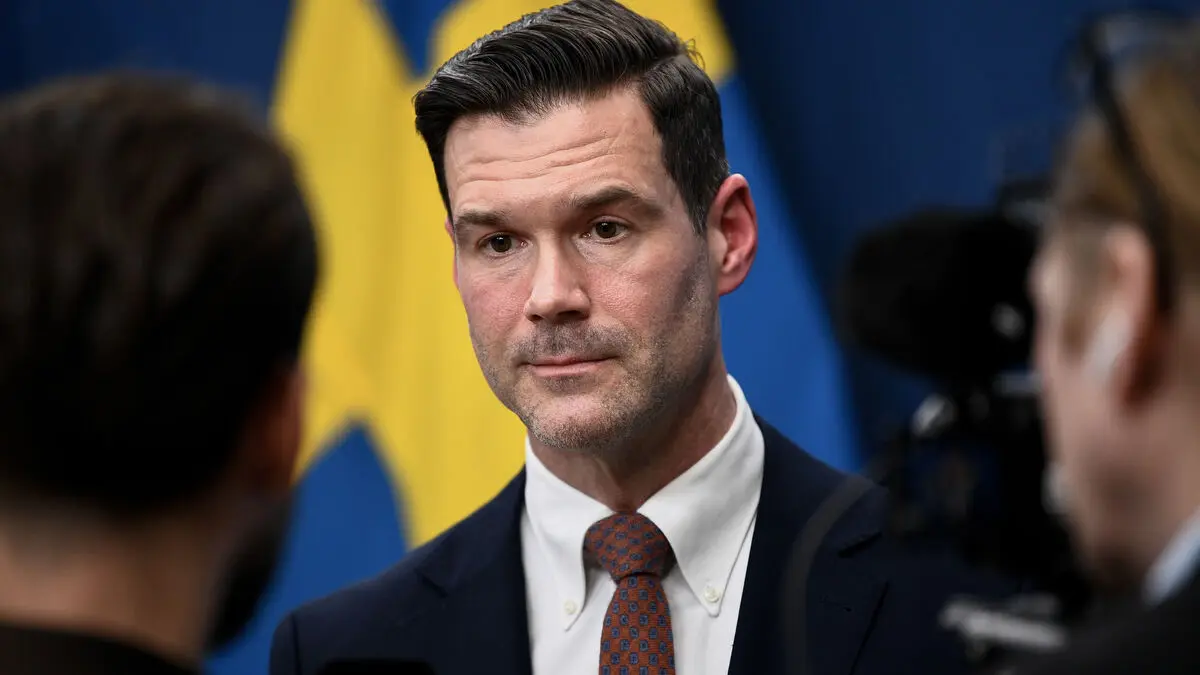In December, Syria's long-time dictator Bashar al-Assad was overthrown and former Islamist leader Ahmed al-Sharaa took over as interim president. Today, elections are being held in the country, the first relatively free ones in decades.
The elections held under al-Assad's rule were largely just a show, where the ruling Baath Party at most reshuffled its own ranks.
I had no idea. Now I found out by chance that there are elections to the parliament, says business owner Elias al-Qudsi to AP in Damascus.
The election now being held in Syria will not be decided by the people through ballots, but by local committees. A total of 140 members of the new legislative assembly will be appointed. The remaining 70 are nominated directly by Ahmed al-Sharaa.
"Impossible"
In practice, it is not even 140 members who will be appointed, but 120. This is after unrest in some regions, including in the north where Kurdish-led SDF has clashed with government forces - something that will leave seats empty in parliament.
The usual process with parliamentary elections through direct voting is basically impossible, says Nawar Nejmeh, spokesperson for the committee overseeing the election, to AP.
The main reason is the millions of Syrians who were displaced during the 14-year civil war. About a million have since the fall of the Assad regime returned from neighboring countries, according to the UN refugee agency UNHCR. Many of them, however, lack documentation and establishing reliable voter lists will take time.
At the same time, the existing electoral system is being criticized for placing too much power in the hands of the president. Review and representation from the country's ethnic and religious minorities have also been subject to criticism.
The Future
Mutasem Syoufi leads an organization working for a democratic future in Syria. To AP, he asks whether the country is really going through a political process that represents the entire country.
I do not think we are there yet, and I think we need to take serious and bold steps to correct all the mistakes made over the past nine months, he says.
The new parliament will, according to what has been communicated, be in effect until a permanent constitution has been drawn up and new elections have been held.






